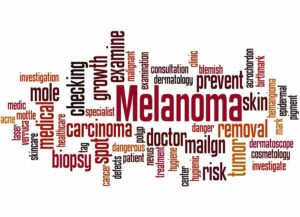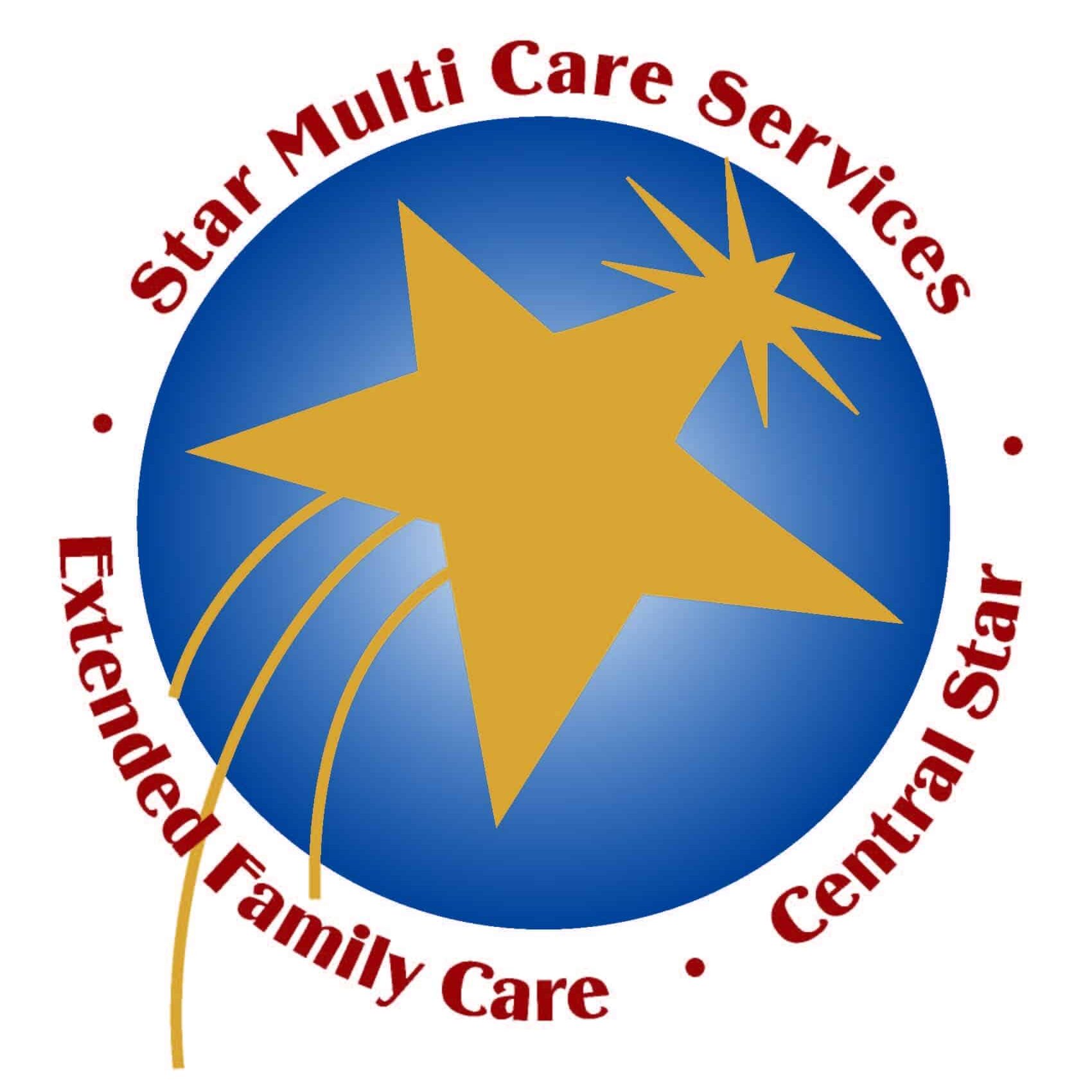Early detection is important for many health issues, especially any forms of cancer. Melanoma is one of the most dangerous type of cancer. It can present itself in many ways. If you are a family caregiver for your elderly loved one, it is helpful to know how to spot melanoma. If you or their home care services providers notice any of the signs mentioned below, make sure your elderly loved on has it checked out by a doctor soon.
Changes in Their Skin Color

Your elderly loved one may experience changes in their skin color if they have melanoma. Generally, these will be spots that have a different color than the surrounding skin. Most of the time they look bluish-black or red. They can be any color in between, as well.
If these spots are precancerous, they will likely have an asymmetrical or irregular border, too. The cancerous and precancerous spots look different than moles and freckles. Usually, melanoma spots will be under 1 cm. when they first show up, but they will grow over time.
Once a month, you or a home care services provider should check your elderly loved one’s skin for these spots.
Inability to Heal or Healing Slowly
If your elderly loved one has a later stage of melanoma, their lesions are likely much larger. These lesions can look like sores. However, they won’t heal. They may look like they are healing a bit, but they won’t heal completely. In fact, these lesions will keep forming over and over again. They may look like warts and they will easily bleed. These lesions will be raised and may have some depressions in them.
If you or a home care services aider notice your loved one has lesions that aren’t healing, have them see their doctor.
Changes in Their Moles
Does your elderly loved one have any moles that have changed? These moles may have changed slowly over time or they may have suddenly changed. Either way, a doctor should check out the mole to make sure it isn’t cancerous.
The changes that you should be looking for are sizes, color, borders, and overall shape. If any of these things change on your elderly loved one’s moles, get them to see their doctor.
You and Home Care Services Managing Skin Care
These are some of the things you or elder care providers should look for on your elderly loved one’s skin. If any of these signs are spotted, convince your elderly loved one to see their doctor. Remember, early detection is important. It can mean the difference between getting treatment and not being able to be treated.
Sources: https://www.cancer.gov/types/skin/patient/melanoma-treatment-pdq
If you or a family member are in need of hiring Home Care Services in Dix Hills NY, or the surrounding areas, contact the caring professionals at Star Multi Care Services today at (631)956-8835. We are the Right Choice for Home Health Care Services!
- Consistency is Key to Helping Your Senior Remain Independent - April 3, 2025
- Help Your Senior Welcome Back the Birds of Spring - March 26, 2025
- Honoring Our Team: Birthdays, Anniversaries, and New Additions! - March 25, 2025

